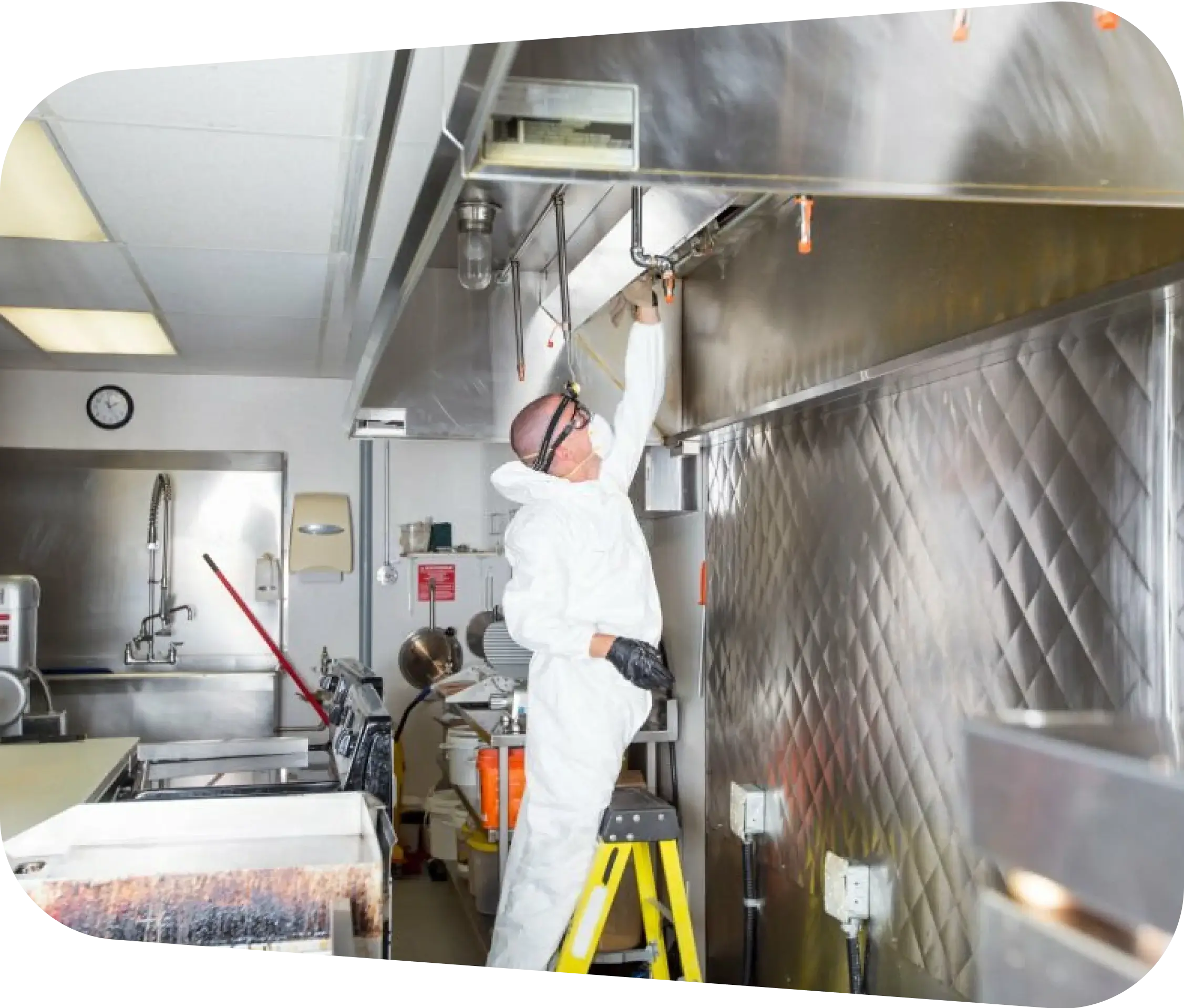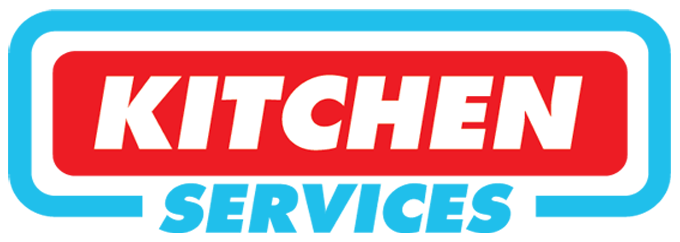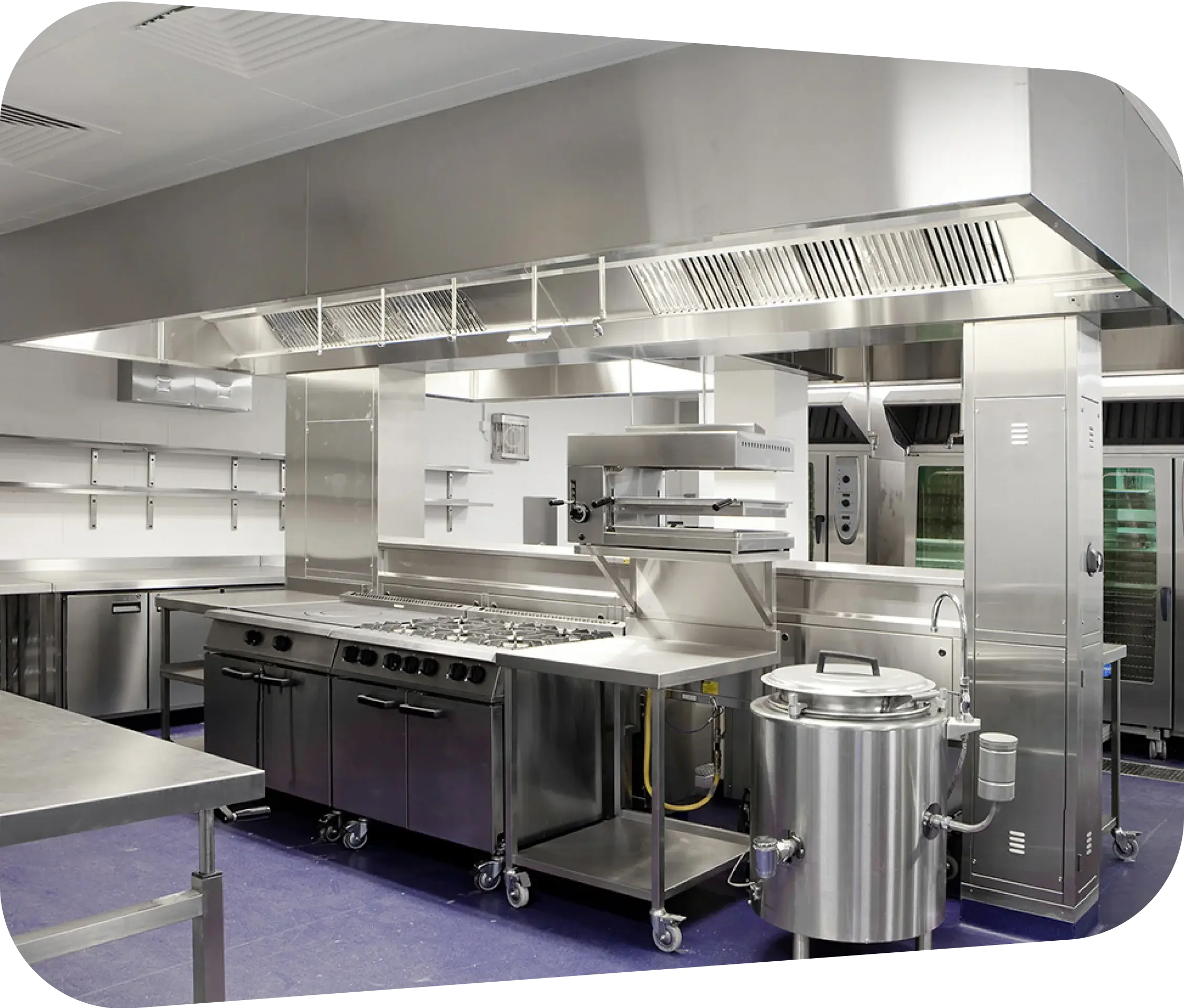Commercial Kitchen Maintenance Checklist
Preventive maintenance in the kitchen is the key that will keep your kitchen up and running in the best possible way. Being intentional about kitchen maintenance would always help you in avoiding so many costly repairs as well as it would prevent health and safety violations that may be of high risk. Every kitchen maintenance checklist will be a little different from one another, but in general, you must cover the following areas:
Griddles & Grills
Many of the commercial kitchens would depend on griddles and grills to cook hundreds of hot meals in a single day. They are very easy to use, easy to clean and they also help in maximizing a lot of space in your commercial kitchen.
Some of the things that you can add to your checklist regarding your grills and griddles are as follows:
- You must wipe down all these griddles and grills after using them
- Clean burners
- Check grease filters
Dishwashers & Sinks
No matter if you use hand wash for your dishes and cookware or you run it through a commercial-grade cleaning system, all these systems that you tend to use in order to clean and sanitize your dishes are really very important parts of maintaining a clean and orderly kitchen.
Some of the things that you may add to your checklist regarding your dishwashers may include:
- You must clean the filter every 15-20 cycles
- You must train all your employees in order to rinse food and any sort of debris from plates and cookware before loading the dishwasher to prevent clogs and drainage issues.
- Check chemical levels of all these detergents, sanitizer,s or any other rinsing aids.
- Inspect tank water and change regularly
- Look for chips, dents, or any other damages to dish racks
Fryers
You may find a gas or electric fryer in any of your kitchens that would serve large quantities of fried foods. All your countertop fryers can also maximize floor space for all these smaller kitchens and diners, while larger, busier kitchens may use more than one-floor models in order to keep up with the demand for fried foods.
Your maintenance checklist for your fryers may include:
- Extract dirty oil regularly
- Clean fry baskets and inspect for damages
- Check and clean combustion fans
- Pay close attention to the quality of the oil you’re using in the fryer
- Check for gas leaks
Ranges
Perhaps, we know that your cooking range is the most used part of your entire kitchen equipment. If it breaks down in any way, it will not only cost you a lot of money but will also significantly reduce the productivity of your kitchen.
In order to make sure your commercial range continues to work well; you must add all these elements to your checklist:
- Grease valve knobs frequently
- Burners and grates are cleaned properly
- Move range and clean everything that is behind it
- Check the thermostat if it is working properly
- Train kitchen staff to use ranges correctly in order to avoid safety hazards and damages
Fridges & Freezers
Carefully checking the temperature control is a very important part of preserving food and extending the lifetime of all these cold and frozen items. In case your refrigerator or freezer goes down in a commercial restaurant, it might mean that you will have to spend thousands of dollars in lost food. You must keep an eye on all the different elements of your commercial refrigerators and freezers is key in commercial kitchen maintenance.
Make sure that you include the following steps in your checklist:
- You must look over door hinges and closers
- You should clean gaskets and lubricate hinges
- Always check the refrigerant level
- Try to check and adjust defrost timers
- Check electrical connections
- Inspect suction line insulation
- Calibrate thermometers
Storage Spaces
Keep in mind that dry food storage areas should also be cleaned frequently, organized, and inspected for leaks, evidence of electrical issues, or temperature control issues.
Some of the things that you can add to your checklist regarding your dry storage spaces must include:
- Food and supplies are kept off of the floor
- All food is properly labeled
- Temperatures in dry food storage spaces are up to code
- Employees are trained in FIFO food storage practices (First In, First Out)
Floor Maintenance
While you think about commercial kitchen maintenance you must focus on the equipment inside of the kitchen and look over the initial aspects of the kitchen, like the floors. Solid, clean, slip-free floors are a must to ensure safety in your commercial kitchen. The most important step in maintaining a commercial-grade kitchen floor is by keeping it clean.
Some things that you could add to your checklist kitchen regarding flooring must include:
- Try to use a degreaser so that you can get rid of grease and soils
- Remove all the floor mats, sweep, and mop on a daily basis
- Look for cracks, holes, or bumps in the floor that could be a tripping hazard
- Make sure all floor drains are draining properly
Restaurant Maintenance Checklist
For restaurants, preventive maintenance (PM) is the vital key. Instead of waiting for your commercial oven or soft serve machine to knock down, you can use preventive maintenance for restaurants tasks to keep equipment in the top and running condition.
Preventive maintenance tasks might include the following:
Equipment checks
You should always routine checks on the condition of your equipment as they are the core of Preventive maintenance. All this should be conducted on a regular basis, such as every week or at the end of each day, it all depends on the asset that you own.
Minor upkeep
Some of the times all the items need minor upkeep along with some visual inspection. Cleaning, lubrication, and other small tasks can also be performed by your regular staff on a regular basis.
Building maintenance
Other than regular upkeep, your restaurant would likely need regular building maintenance in order to be in the perfect condition possible. All those tasks would consist of checks on the building’s heating, cooling, lighting, plumbing, and so forth. Usually, all these tasks would be conducted by any certified professional and not by your in-house staff and would be handled on an annual or semi-annual basis.
How to Maintain Commercial Kitchen Equipment
Here are some of the tips for the Kitchen Equipment Preventive Maintenance Checklist.
1. Daily, Weekly, and Monthly Cleanings
For your commercial cooking equipment maintenance, all your professional kitchen equipment must be cleaned on the daily basis. And after that, a monthly deep clean should be planned. Cleaning would make sure that all the debris and food particles are removed from your equipment in the best possible way. You will have to book your cleaning on the regular basis and have the cleaning team or in-house staff on a constant kitchen equipment maintenance schedule in order to reduce health and fire risks.
Cleaning would include washing and cleaning the commercial oven, separately cleaning racks, and much more.
2. Clean Your Vent Hood and Ducts
Keep in mind that your vent and hood ducts can collect a lot of built-up greases and food debris. Build-up means that you need to hire a qualified contractor after every six months or more to do a service cleaning. Besides the certified hood cleaning, your team should also be wiping down the hood to keep it looking visibly clean.
3. Stay up to Date with Your Equipment Warranties
For the maintenance of your kitchen equipment, most of the professional restaurant kitchen equipment has a manufacturer’s warranty. As long as you fill out your warranty card for new equipment on time, your parts and labor will probably be available.
In the end, you will need to register your equipment to be qualified for future parts as well as for new appliances.
4. Replace Broken Parts Quickly
In case any of the appliance parts break, you must replace them immediately rather than waiting for any more time. The longer you wait in order to replace these parts, the more time your restaurant kitchen equipment will be a further breakdown. As a result, it will cause more damage and more costs to replace the appliance.
5. Clean Your Grease Filters
One of the easier ways to reduce grease fire in your kitchen is to clean your grease filters regularly. Most restaurant kitchens do grease filter cleanings once a week. However, restaurants that cook a lot of greasy foods may need to do this service more often or even on a nightly basis. The grease filters collect grease and reduce the amount of grease that travels into the actual duct. Cleaning your grease filters regularly helps to cut down the number of debris you clean off your restaurant kitchen equipment as well.
We hope these commercial kitchen equipment preventive maintenance checklists help keep your commercial kitchen safe and more efficient.


